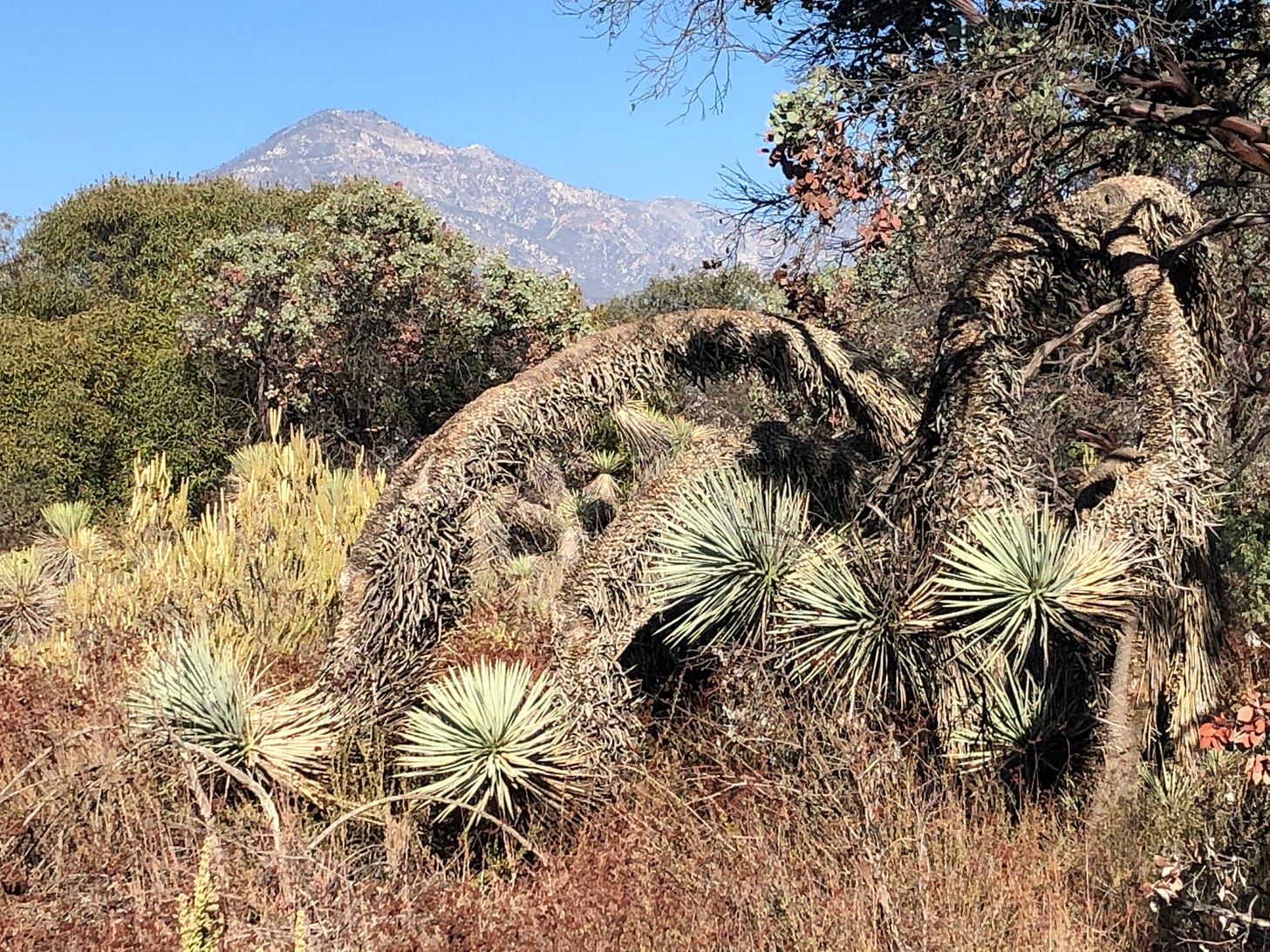A Weatherless Setting?
Some of my writing workshop friends have wondered why I don’t set my book censorship novel in the present since book censorship is such an outsized problem right now.
A major goal of the writing is to have the characters blindsided by what happens to them. To have the novel answer the contemporary question “How did we get here?” So it really doesn’t belong in the 2020s. In addition, public schools have had other crazy issues since the pandemic—teens not showing up or showing up but not doing the work being big ones. I think any novel set in a high school in the 2020s would have to deal with that. And that novel would be doubly off track for my writing goal.
So my ‘when’ is 2000. Modern times, but not exactly contemporary. I’m thinking it might be ‘near historical fiction’ if there is such a thing. That is, not ‘almost historical’ (near-historical?) but a book set in very recent history.
I’m also working a bit on my ‘where.’ I’ve just finished a novel workshop offered by A Public Space. For the first time, people outside of Southern California read my manuscript. I confused them with the passage of time because the seasons didn’t change. This isn’t something my So Cal readers thought of anymore than I did, but the questions around it made me realize I’d done a lousy job of working my setting into the novel.
Enter the Santa Ana winds and the many-months-long fire season. Because that’s the atmosphere my characters live in.
If all your beta readers are pretty local, it would be a good exercise to reread your manuscript to see if the setting feels real and is clear. And it would be great if someone in another time/weather zone could read it and comment.

The Mainstreaming of Historical Fiction
In exploring whether my novel is historical and whether it should be, I happened on this article in Esquire from Sam Paul. Thought you might like it too.
“Historical fiction is uniquely well-positioned to address contemporary issues without necessarily calling them by name.”
The genre is suddenly everywhere—but why? Turns out, there's a reason—and it may just be a perfect antidote to these charged times.
“Like science fiction, historical fiction can speak to the present moment without necessarily responding to the most recent news headline or Twitter feud. It can also be a means of formal experimentation or inspiring empathy and identification with characters over time. Writers like Groff and Smith use historical settings to rewrite history and to expand our understanding of who and what is at the heart of the stories we already know. And, increasingly, they do so without being condemned to the back shelves of the bookstore.”
“Just as authors and readers have used science fiction to describe the current landscape (as in dystopias like Margaret Atwood’s Handmaid’s Tale, Octavia Butler’s Parable of the Sower, or C. Pam Zhang’s more recent The Land of Milk and Honey), historical fiction is uniquely well-positioned to address contemporary issues without necessarily calling them by name.”
This is a slide into another topic about the past, but this recent post from Writer Unboxed, “Write Your Way Whole,” is helpful in ways to think about rewriting your own past for your characters.
Library Book Banning News
We’re getting some good news on the book banning front recently. Grandparents and parents are forming their own groups and fighting back.
These Texas parents are pushing back against school library book bans. ‘We can fight this’
But the book banners are still going strong.
The Scarlet Letter effect of book bans
A library’s existence depends on banning LGBTQ books
Antisemitism in Moms for Liberty
How organizations cash in on book bans
Some nice and quotable bits in
“Williams: Reality, not books, is the greatest threat to students”
I hope this holiday season is treating you kindly.





What an interesting, thoughtful piece on setting and the merits of historical novels! You’re right about needing beta readers from different backgrounds and geographical areas.
I look forward to reading more!
Hi Vic, I appreciate the conversation on setting. It will give me a different lens to revise some of the teaching stories. Seasons differ even in California as San Bernardino weather is different than Palm Springs weather and I want to make that distinction-